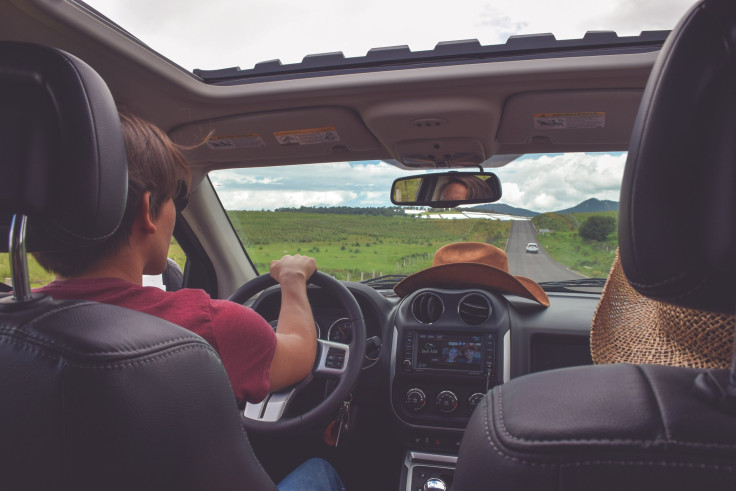
Your summer vacation plans probably look a little different this year. For many families, that may mean skipping the airport and loading up the car for a family road trip. If you're planning a trip before the end of summer, a little advance planning can go a long way toward making your vacation safe and fun for everyone.
Erie Insurance has shared 12 tips to help make your next road trip memorable — and prepare for whatever may come your way.
Road Trip Vacation: 12 Steps To A Great Adventure
- Pack smart and make a checklist
To avoid leaving any essentials at home, create a checklist a few weeks before you leave — and add to it as you think of new items. Then, pull out the list as you start packing and check items off as you go.
- Make extra space
Avoid the temptation to fill your vehicle to the roof. This obstructs the view from your rearview mirror and severely limits visibility. Instead, consider a rooftop cargo box or hitch-mounted cargo carrier to create extra storage space.
- Keep pets safe
Is the family dog headed to the beach with you? Pack a portable water bowl and some extra food for rest stops. Use a pet carrier or harness device to keep him safe for the ride. Don't ruin a getaway with a trip to the vet – learn how you can keep pets safe in the car.
- Use your GPS and plan for traffic
Before you leave home, enter all your destinations into your vehicle's GPS system or a mobile navigation app. This will give you real-time updates on travel time and save you from searching for addresses at the last minute. It is true that construction delays can pop up anytime, anywhere in the summer. Since driving through a major city during rush hour could add hours to your itinerary, know where congestion is possible and plan to travel during off-peak hours.
- Bring an atlas
Even though you haven't used one in ages, keeping a road atlas in the car is always a good idea. With an old-school paper map, you don't have to worry about losing your GPS signal or running out of battery. And if you have kids, they may get a kick out of tracking your travels.
- Prepare your vehicle
Schedule a multi-point inspection to get a good snapshot of your vehicle's overall condition. A trained mechanic can let you know of any maintenance issues to fix before they get worse (or more expensive).
- Check your tires
Before you leave home, inspect the condition of your tires and inflate them to the pressure recommended by your vehicle's manufacturer. If your tires are low on tread, replace them before you hit the road. You can check by using "the penny test." Just insert a penny upside down into a tread groove. If you can see the top of Lincoln's head, it's time for new tires.
- Change your oil and top off fluids
Road trips can rack up the miles on your car in the span of just a few days. Look ahead to preventative maintenance, like oil changes, that may come due while you're traveling. Taking care of it before you leave is not only good for your car — it's good for peace-of-mind. Check all of your vehicle's fluid levels too. That includes windshield washer fluid, antifreeze, brake fluid and power steering fluid. Top them all off as needed.
- Check your emergency kit
If you find yourself stranded, a well-stocked emergency kit could help you get back on the road quickly and safely. Pre-assembled kits are available for purchase, or you can use this guide to assemble your own emergency kit.
- Organize your glovebox
If you happen to get in an accident, it's nice to have the documents you need at your fingertips. Make sure you have a copy of your vehicle registration and an up-to-date insurance ID card. To prepare in case something does happen, ask your agent about ERIE's Emergency Roadside Service and save the number in your phone — 800-FOR-ERIE — just in case.
- Make regular stops
While eliminating stops can help you get to your destination sooner, it's not the most enjoyable way to travel. Stopping to take a short break every few hours will give everyone a chance to stretch their legs and can help you stay more alert behind the wheel.
- Pack healthy snacks
Chips, chocolate, and soda — every kid's dream meal. To avoid the sugar highs after every rest stop and gas fill-up, pack a small cooler filled with bottled water, cereal bars, fruits, and vegetables. It's best to avoid salty foods and sugary drinks, as they may actually make you thirsty. Heavy foods can also make you tired.
© 2025 Latin Times. All rights reserved. Do not reproduce without permission.





